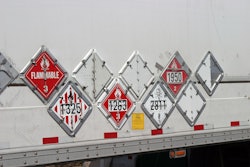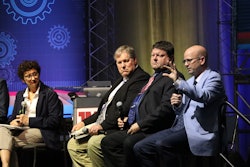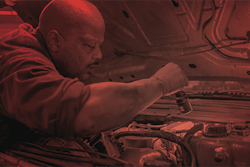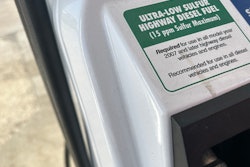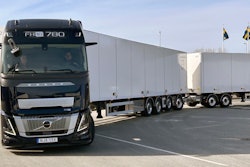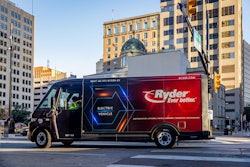Battery electric trucking is an almost $1 trillion proposition, and that doesn't include the cost of acquisition for the actual trucks, according to a report released Tuesday by the Clean Freight Coalition (CFC), an alliance of truck transportation stakeholders whose founding members include the American Trucking Associations and Truckload Carriers Association, among others.
The group pegs full electrification of the U.S. medium- and heavy-commercial truck fleet at a cost of nearly $1 trillion in infrastructure investment alone: upwards of $620 billion from the trucking industry in chargers, site infrastructure and electric service upgrades, and $370 billion from utilities in upgrades to grid networks to meet the surge in demand of just commercial vehicles.
The report, which comes almost exactly one year since the Clean Freight Coalition's founding, was compiled by Roland Berger, an international management consultancy headquartered in Munich, Germany.
The utilities' share of the financial burden is "nearly the equivalent of what was spent on the entire power distribution system over the past 15 years," said Dr. Wilfried Aulbur, Roland Berger senior partner responsible for the firm's global commercial vehicle, construction and agricultural business.
Local vehicles would require an investment in on-site charging infrastructure of $496 billion, but heavy-duty vehicles will require more significant charging infrastructure and investment compared to medium-duty — needing an average charging infrastructure investment of $145,000 per vehicle for heavy-duty vs $54,000 per medium-duty truck, according to the report. In addition to on-site charging infrastructure, long-haul vehicles (most of which are Class 7-8) will require an investment of $69 billion into a reliable local on-route charging network before fleets can even electrify.
"An industry with a yearly turnover of about $800 billion and a profit margin around 5% cannot invest $620 billion without financial support or a significant increase in freight rates," Aulbur said.


